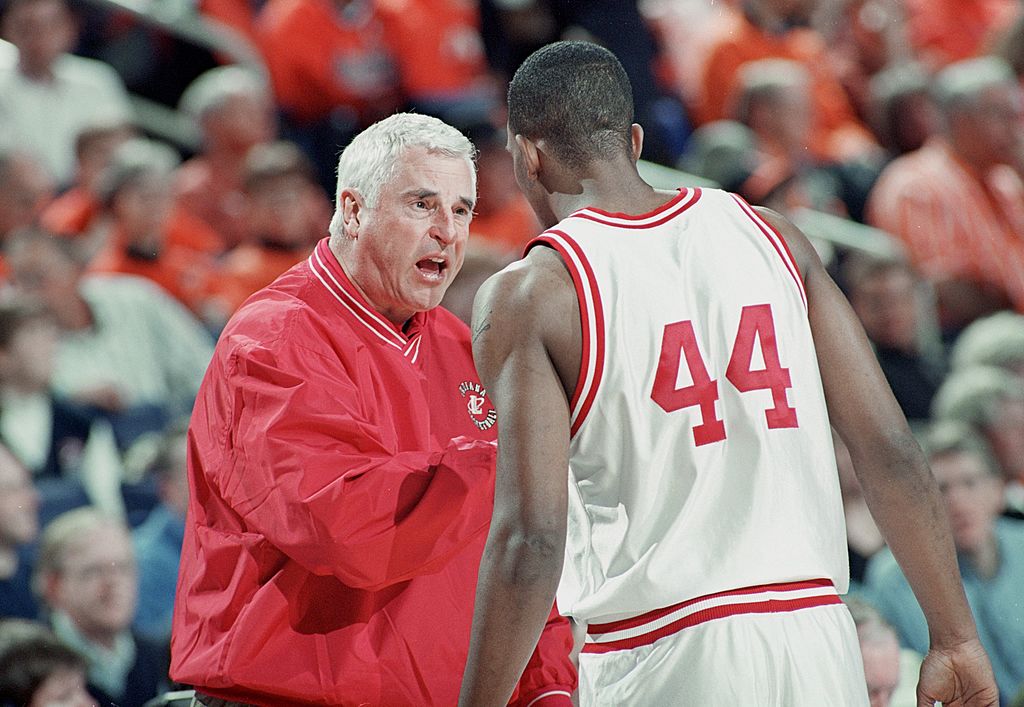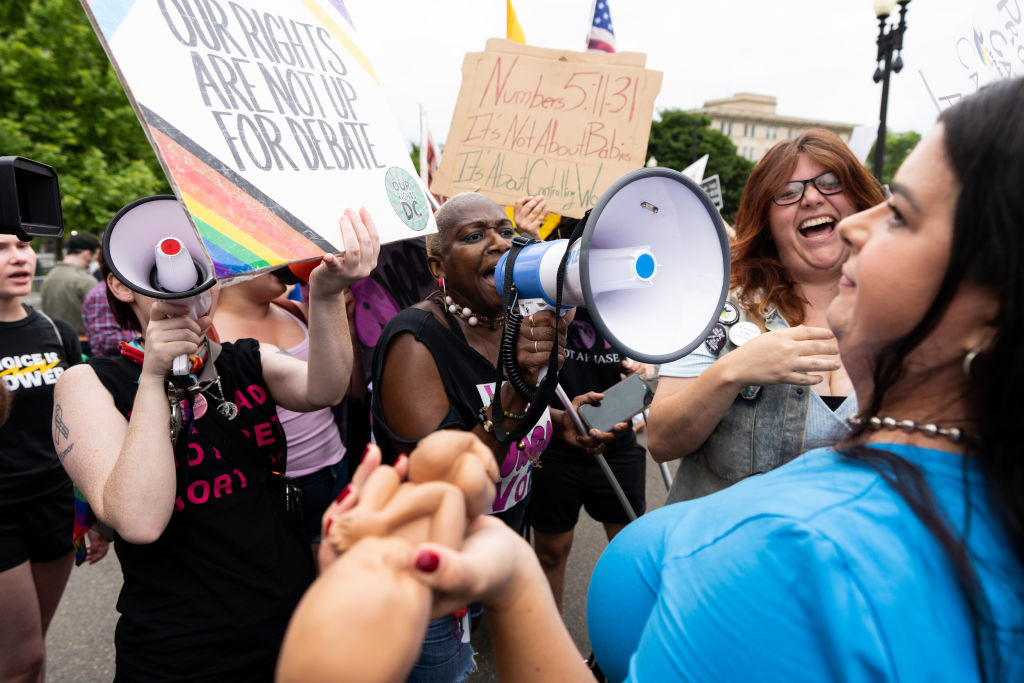Desperation and depression mark American masculinity.
A Little More Poison

American society is now mainstreaming addiction as a positive good.
Taking “the hair of the dog that bit you” means curing a hangover with another drink in the morning. Nobody follows that principle as public policy, but current government practice regarding gambling and drug use subscribes to the same logic.
For instance, there haven’t been too many Puritans around in a long time who objected to horse racing or social, Friday-night poker games. And though the “numbers racket” was often under the control of organized crime, the fact that many, mostly poor, people played a number each week, knowing the odds were against them but just wanting to indulge a dream of riches, didn’t bother most of us. When casino gambling was first legalized early in the Depression, creating the potential for much larger losses, it was limited to a remote, underpopulated, and largely resource-free state, Nevada.
All this began to change in the sixties. First, New York State introduced off-track betting, which enabled people to gamble on the ponies from offices scattered around urban areas, without having to go to the track. It became far easier to blow large sums on the races. Next came the 1964 introduction in New Hampshire of a state lottery in order to generate revenue on a “voluntary” basis; other states got in on the lottery game, too, and today only Alabama and Utah lack legalized gambling. Nevada doesn’t offer a lottery, either, but only because the powerful gaming industry doesn’t want competition.
Here is where the “hair of the dog” principle began to make its appearance. Television ads urged people to play the lottery regularly, while also counseling bettors to “bet responsibly,” and even giving toll-free phone numbers for new gambling addicts to turn for help. In fact, a small portion of the proceeds of state gambling receipts were set aside for such counseling programs. It was as if in their pursuit of revenues, the governments had begun to promote cigarette smoking, coupled with an exhortation not to overdo it, and an 800 number to connect lung-cancer patients with medical treatment.
In the next stage, revenue-hungry governments around much of the country legalized casinos. Slot-machine casinos were especially popular since they require no experience and give no advantage to those with skill. The latest generation of slot machines, electronic rather than mechanical, has been designed to turn players into addicts, with fancy gimmicks designed to give them the feeling they are winning even as they keep losing, as MIT Professor Natasha Dow Schull showed in her thoroughly researched 2014 book Addiction by Design. Again, players are offered ineffectual counsel against overdoing it.
Aside from raising hopes of a personal bonanza, the gamblers, and the public at large, were told that the revenues generated by taxes on the casinos would help finance public goods. Indeed, in New York State, former governor Andrew Cuomo, while refusing to allow fracking in the Marcellus Shale (from which people in the neighboring state of Pennsylvania have gained a considerable boost in employment), authorized several casinos to be opened in the impoverished western part of the state as a substitute. (The casinos have not so far delivered any portion of the promised wealth, any more than they brought prosperity to Atlantic City, where they opened decades earlier). Now, New York City is preparing to open casinos in Manhattan to share the good fortune of being able to try your luck. To listen to its advocates, gambling is almost a public duty. Don’t you want your state to prosper?
The most dangerous iteration of the legalized-gambling craze is the spread of sports gambling, advertised on every major televised sports event and accessed through smartphones. Bettors can wager not only on which team will win, or beat the “spread,” but on all sorts of mini-bets within the game, like whether a particular player will hit a home run. Minors are technically banned from betting, but sports journalism and commentary has now become so saturated by the culture of sports gambling that sports fans cannot avoid the message that the real thrill of sports is in the supposed financial gains from gambling on the outcome. Of course, in the long run it’s always the “house”—including the state—that wins. And every ad comes with a mandated warning to gamble “responsibly” and a number to call if you need help in curing your addiction.
The legalization—or at least the effective decriminalization—of drugs, an undoubted vice that has the potential to cause severe physical as well as psychological harm, is either being downplayed (in the case of marijuana) or “decarcerated” (in the case even of the often-fatal drug fentanyl), for the sake of enhancing public revenues (through taxes on pot); supposedly assisting the past “victims” of the now-regretted War on Drugs, or supposedly mitigating the dangers of an overdose in the form of “safe” injection centers, which are taking root in major cities.
In 2018 (following a popular referendum legalizing marijuana), Massachusetts’s newly established Cannabis Control Commission adopted a “social equity program” in the name of compensating individuals and communities that had been “disproportionately harmed by the war on drugs.” Under the program, state authorities prioritize giving “professional training, technical services, mentoring,” and “access to capital” to individuals who had previously been convicted of drug crimes (most of whom will have been found guilty of selling drugs considerably more harmful than marijuana), are married to or the offspring of such persons, or inhabit an area where the War on Drugs (not drugs themselves!) had “disproportionate impact.”
Leave aside the fact that to the extent the War on Drugs—including manifestly life-threatening and life-ruining substances like heroin and fentanyl—has succeeded in mitigating the rate at which such drugs are used, it has particularly benefited, not harmed, the areas where such use was most widespread. How can anyone seriously maintain that the way to combat poverty, family instability, and crime in low-income or minority neighborhoods where drug sales and use are most widespread is to train residents of those neighborhoods to more effectively manufacture, market, and profit from a mind-weakening and potentially addictive drug that also serves as a “gateway” to harder drugs?
As reported in the New York Times at the time Massachusetts initiated its program (since imitated in New York and elsewhere), a scholarly analyst of the problems associated with marijuana, Professor Jonathan Caulkins of Carnegie Mellon University, observed that beyond the drug’s correlation with a wide variety of negative outcomes in terms of physical and mental health, “the real issue is that more than half of marijuana is consumed by people who are high more than half of all their waking hours,” while “Americans with a household income of less than $20,000 accounted for close to 30 percent of all marijuana use, even though they make up less than 20 percent of the population.” Do poor people really need to be encouraged by state-trained drug pushers to consume even more marijuana? And to think of drug-pushing as a respectable career choice?
Promoting the sale and use of marijuana in poor and minority communities is just one more instance of misguided social policies in which public officials, ostensibly aiming to serve the public good, in fact threaten to do the greatest harm to those who can least afford to endure it. Our poor and minority communities stand in need of improved public schools (including more charter schools and expanded programs of vocational training), effective law enforcement, and opportunities to succeed in legitimate, pro-social occupations. They also need encouragement to marry before becoming parents; to work their hardest both on their jobs and as parents so as to benefit both themselves and their offspring; and to become sober, thoughtful, and public-spirited citizens—not people who aim to spend their lives in a drug-filled haze.
But in perhaps the ultimate expression of the “hair of the dog” principle, the New York Post reported on December 4 that three major nonprofit agencies that provide services designed to assist addicts to recovery from drug and alcohol addiction had just won licenses from the state to sell marijuana. The CEO of one of the organizations, Housing Works, told Politico that he aimed to employ “justice-involved” individuals (that is, people with previous criminal records) and create a “vocational training” program that would enable them to open their own “weed businesses.”
In 1714 the Anglo-Dutch political theorist Bernard Mandeville famously argued in The Fable of the Bees that private vices (may) lead to public benefits. He had chiefly in mind such vices of character, condemned by both classical and Judeo-Christian morality, as vanity and avarice. (Both of those vices, unattractive in themselves, benefit others, for instance, by providing employment to others who serve their material desires.) Modified (less shocking) versions of Mandeville’s thesis were subsequently taken up by such liberal political thinkers as Montesquieu, Adam Smith, and Friedrich Hayek. But none of these thinkers can have meant that it would be beneficial to encourage poor people to gamble their earnings away, let alone blow their minds, damage their bodies, and waste their lives using addictive drugs—or even worse, to provide capital and training to assist them in purveying such drugs to others. This dog will just keep biting you, your family members, and your country.
The American Mind presents a range of perspectives. Views are writers’ own and do not necessarily represent those of The Claremont Institute.
The American Mind is a publication of the Claremont Institute, a non-profit 501(c)(3) organization, dedicated to restoring the principles of the American Founding to their rightful, preeminent authority in our national life. Interested in supporting our work? Gifts to the Claremont Institute are tax-deductible.
The legendary basketball coach represented a vanishing type of American masculinity.
Upper- and lower-class skeletons are emerging from their respective closets.
We are rapidly becoming post-civilized.
But humility, courage, and loyalty might.
The reaction to Trump’s attempted assassination could rekindle the American Spirit.






